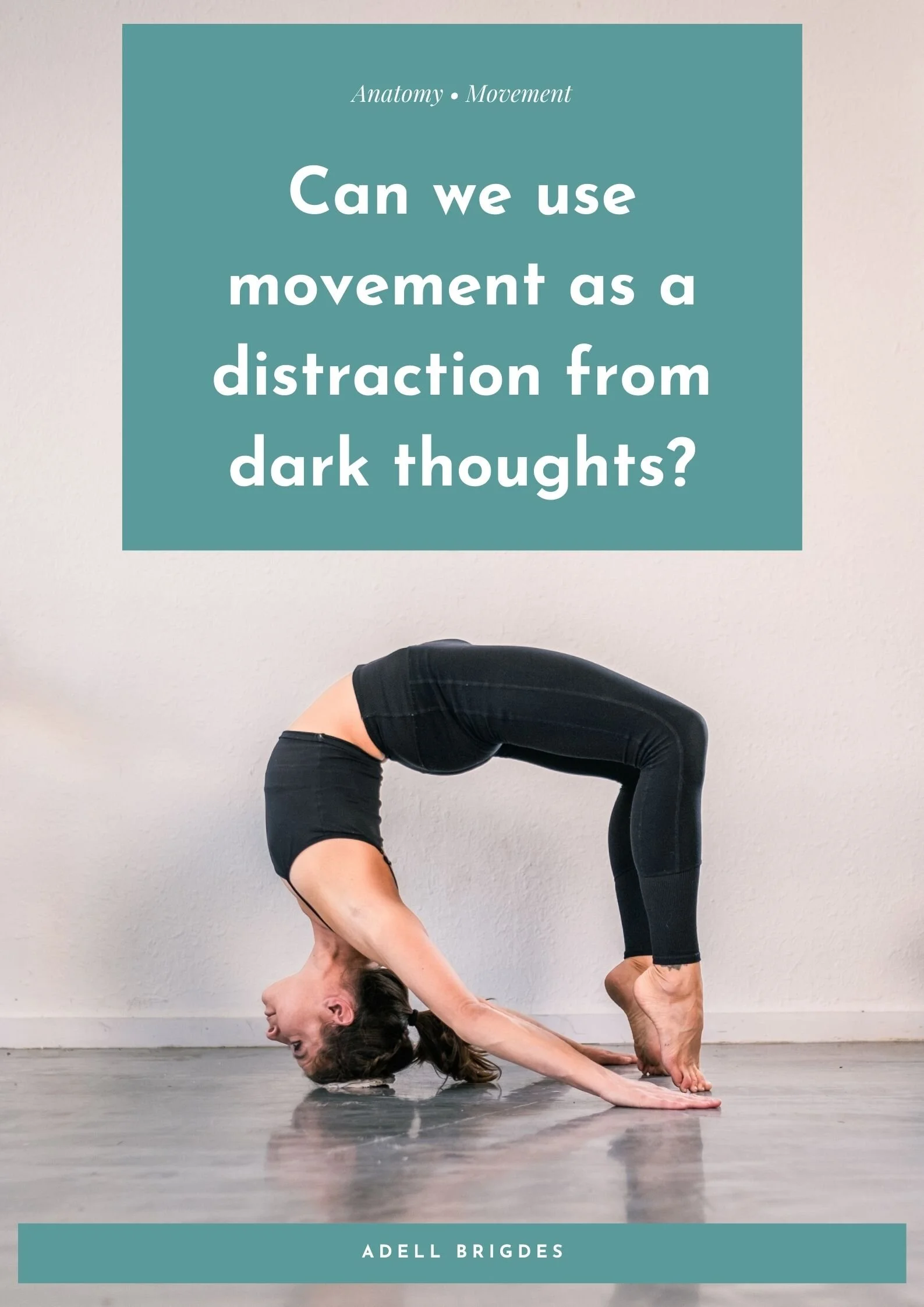Celebrating failures such as falling, and changing our attitude from "oh no, that's bad!" to "awesome, that was actually okay!" can influence our natural brain chemistry to help us learn faster and better.
Read MoreIf your hip flexors feel really tight and/or weak, they might need more than just stretching and strengthening.
Read MoreAxial extension of the spine -- i.e. when you lengthen your spine and slightly straighten the natural S-curve -- activates the midline cerebellum, which facilitates the stabiliser muscles.
Read MoreYour ankle mobility can absolutely impact your hip mobility.
Read MoreYour thoracic spine may hold the key to greater overall mobility and reduced pain…
Read MoreAdding ankle circles to your life -- anywhere you can put them -- will likely increase your overall mobility!
Read MoreWe retain new information better when we space out our learning.
Read MoreChanging up how we move helps us activate the brain in more ways. But "change" doesn't just mean what movements. It's about how.
Plainly: Speed matters!
Read MoreHow we move stimulates our brain in different ways; so YES yoga asana has been proven to help focus, including those with ADHD, if you do it right…
Read MoreYour brain just wants to keep you safe. Part of feeling safe is being able to predict. So it will choose a familiar bad habit over an unfamiliar good habit.
Read MorePain doesn’t come from where you feel the pain, but rather because your brain creates it to make you pay attention to something it wants you to change. Therefore, giving your brain reasons to feel safer is often the remedy for pain!
Read MoreYour brain is in charge of your muscles, so if you want to change your muscles, then change your brain.
Read MoreThe inner ear (a.k.a. your vestibular system) is out-ranked only by the visual system (your eyes) in importance for your brain's overall perception of your environment.
Meaning: a vestibular system with some problems will be felt in your whole body.
Read More



















